Homeland Hospice to Celebrate Its 15th Anniversary with “History, Heart & Honor” Event
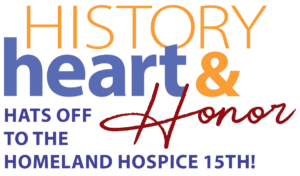 Anniversaries remind us of meaningful moments in time that shaped our history and guided our future. Fifteen years ago, Homeland launched Homeland Hospice as an outreach program to provide compassionate care to patients on their end-of-life journey. The years have been filled with an overarching theme of love. Hundreds of patients, families, volunteers and staff have shared their hearts with us making Homeland Hospice more than an organization. We are a family.
Anniversaries remind us of meaningful moments in time that shaped our history and guided our future. Fifteen years ago, Homeland launched Homeland Hospice as an outreach program to provide compassionate care to patients on their end-of-life journey. The years have been filled with an overarching theme of love. Hundreds of patients, families, volunteers and staff have shared their hearts with us making Homeland Hospice more than an organization. We are a family.
Homeland Hospice will celebrate its 15th anniversary with “History, Heart & Honor… Hats off to the Homeland 15th,” a special celebration on Saturday, November 23, from 2-5 p.m. at the Scottish Rite Cathedral in Harrisburg. The event will honor Homeland’s history, the history of the hospice movement, our hospice patients and staff – and particularly our beloved veterans who continue to inspire us with their dedication and sacrifice.
 On this special anniversary, we will “tip our hats to all veterans,” and celebrate their dedicated contributions to our community. To show our appreciation, Homeland is pleased to provide 300 complimentary tickets to veterans.
On this special anniversary, we will “tip our hats to all veterans,” and celebrate their dedicated contributions to our community. To show our appreciation, Homeland is pleased to provide 300 complimentary tickets to veterans.
Planning for this event began more than a year ago with longtime volunteers, like Alicelyn Sleber, who are lending their creativity and love of Homeland to create an experience for all attendees. Alicelyn is the immediate past chair of Homeland Center’s Board of Managers.
“We are bringing the spirit of love, commitment and patriotism to the day,” Alicelyn says. “This will be a celebration like no other.”
The event will include a pre-show reception where guests will have the opportunity to browse a “Stories of the Heart” gallery featuring heart canvases artistically crafted by Homeland’s grief families to express their love and remembrance and by sponsoring groups and individuals. The gallery will also feature stories of Veterans Homeland has been privileged to serve and stories of Homeland Hospice team members who share their passion for providing exceptional end-of-life care.
In true Homeland style, we will let our hearts sing and our spirits soar during special performances. Decorated Veteran-turned-country singer Keni Thomas will headline the celebration. Thomas will share life lessons from when he served as a U.S. Army Ranger in the Battle of Mogadishu in Somalia, which was recounted in the book and film Black Hawk Down, and perform his own music featuring themes of patriotism and perseverance in the face of life’s challenges.
“Keni’s music is heartfelt and patriotic,” Alicelyn adds. “I think we will all be inspired by his performance and message of perseverance.”
Keni will also host a book signing at the event, and copies of his book Get It On! What It Means to Lead the Way will be available for purchase.
Roy Justice, a singing historian, will open for Keni. Roy will perform a folk-style song about Homeland’s history written especially for this occasion. Roy’s interest in music and storytelling comes from his own historical ancestry. He is a distant cousin to the Civil War poet and musician Sydney Lanier.
The service and sacrifice of veterans is deeply rooted in Homeland’s history. Homeland was founded in 1867 as the “Home for the Friendless” to serve families impacted by the devastation of the Civil War. Today, Homeland Center is a personal care home, memory care home, skilled nursing facility and rehabilitation facility. Homeland also provides hospice, home care, home health and palliative care services to serve the diverse and changing needs of families throughout central Pennsylvania.
All are welcome to attend this family-friendly event. Patriot’s Pub & Grub will be on site offering a selection of snacks for guests to purchase and a cash bar. In honor of the event’s theme, guests are encouraged to wear their favorite hat and best denim. We hope you join us as we celebrate Homeland Hospice’s 15th anniversary and the remarkable service of our local veterans.
“It is an honor to be part Homeland’s work,” Alicelyn adds. “Our community is a better place because of Homeland Hospice.”
For tickets and information, visit the Homeland Events page.

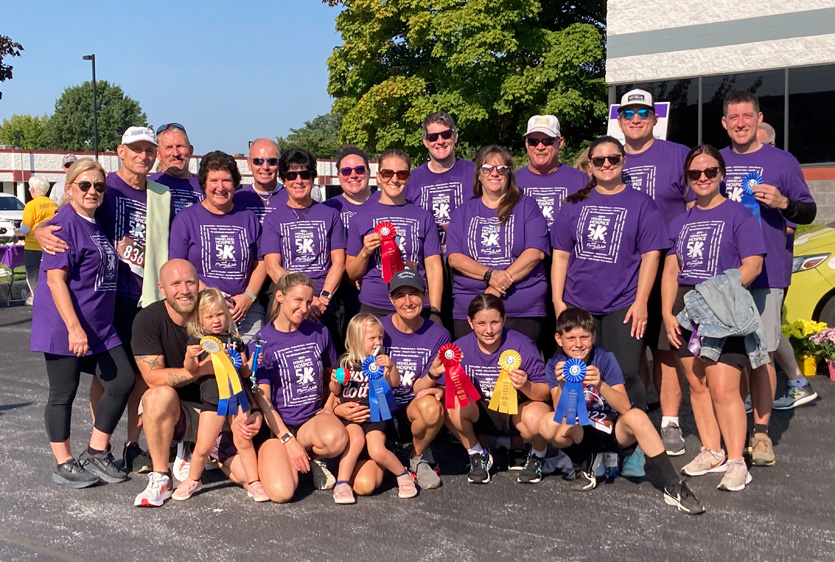
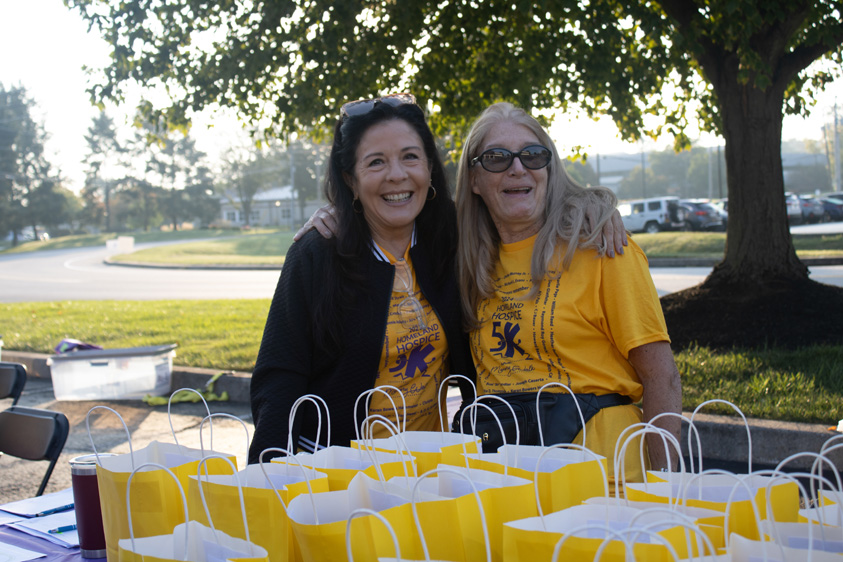
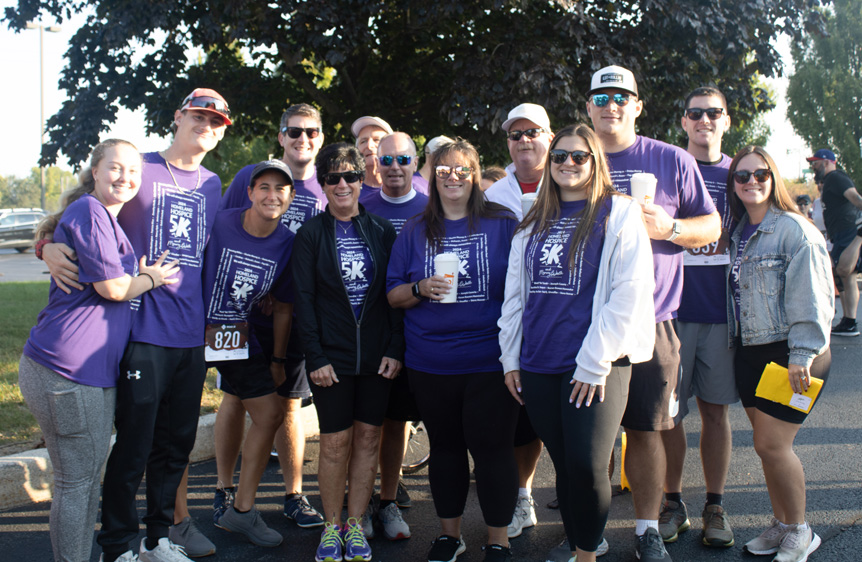
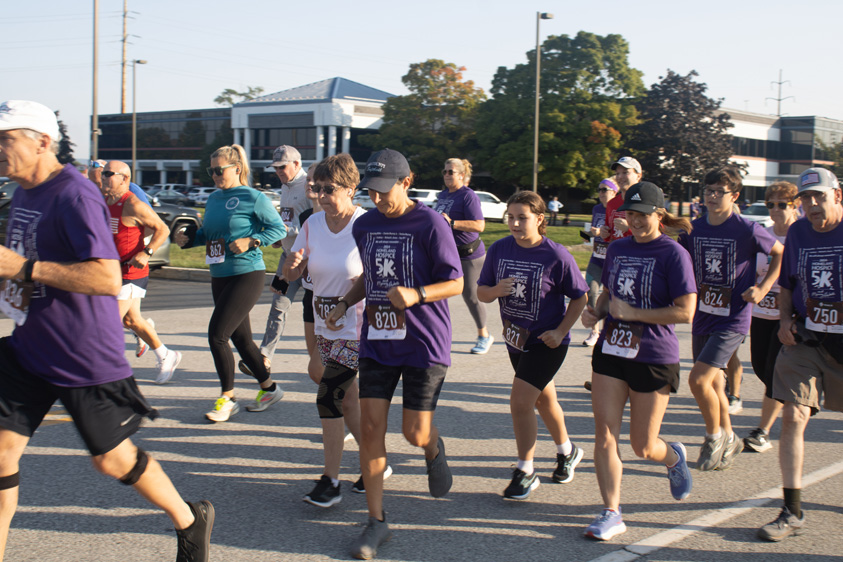
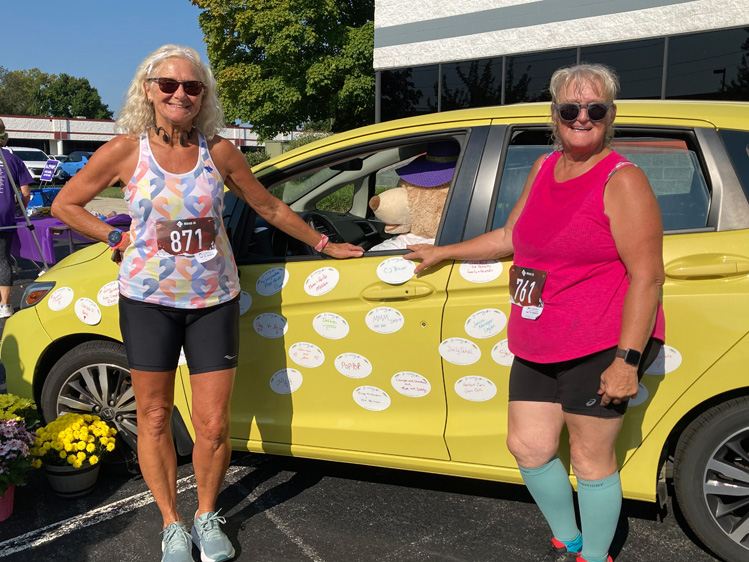
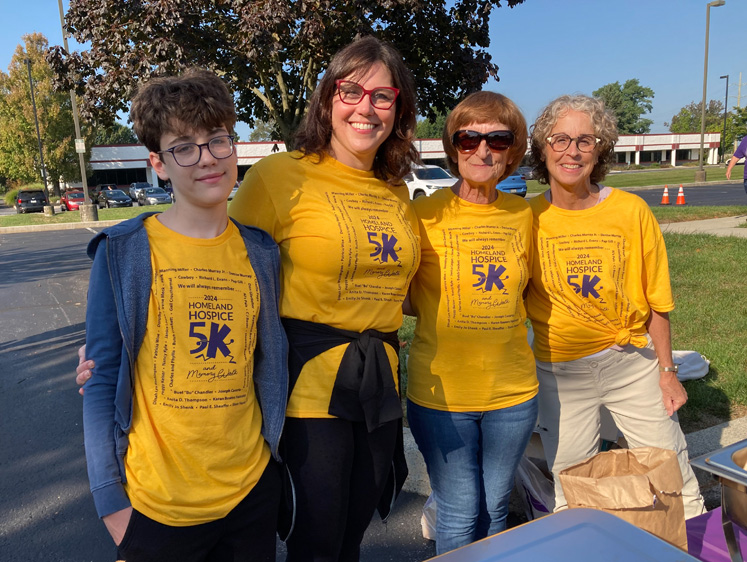
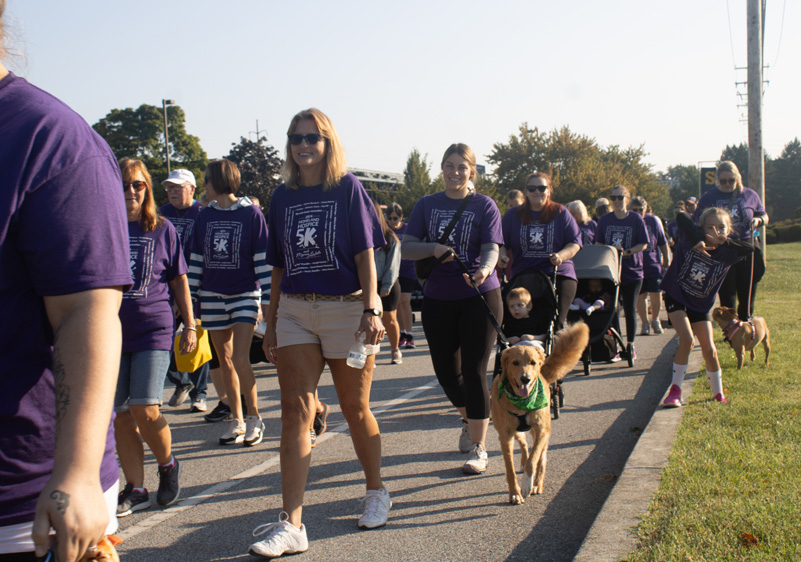
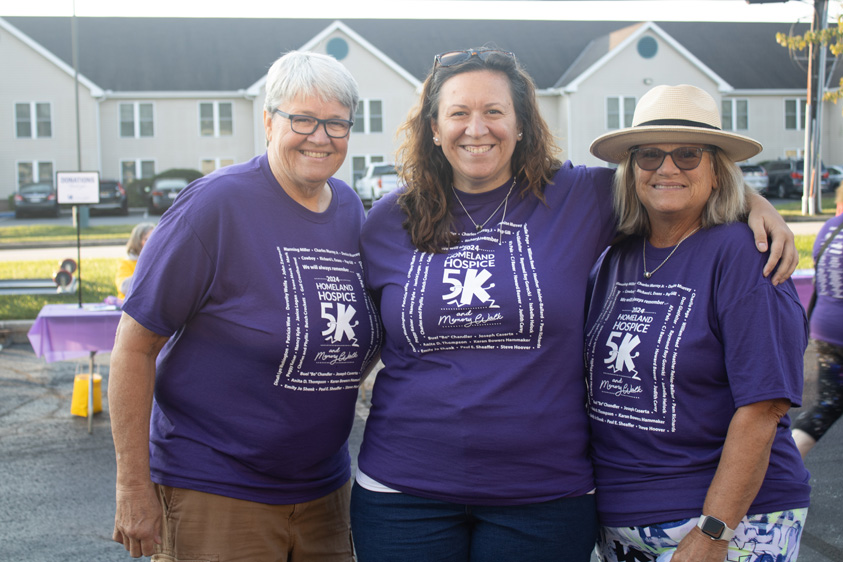
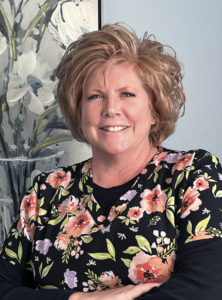 Kristine (Kris) Crockett, RN, CHPN, Director of Homeland Hospice and Homeland Palliative Care, approaches life with an open mind, always looking for opportunities to serve others. For more than 25 years, she has provided compassionate end-of-life care as a hospice nurse and administrator. The road to her current role with Homeland has been filled with gratifying experiences beginning with her service in the Army. As a proud veteran, Kris feels a special bond with the veterans served by Homeland Hospice.
Kristine (Kris) Crockett, RN, CHPN, Director of Homeland Hospice and Homeland Palliative Care, approaches life with an open mind, always looking for opportunities to serve others. For more than 25 years, she has provided compassionate end-of-life care as a hospice nurse and administrator. The road to her current role with Homeland has been filled with gratifying experiences beginning with her service in the Army. As a proud veteran, Kris feels a special bond with the veterans served by Homeland Hospice. Taking the wrong step or losing balance, even for a brief moment, can cause a debilitating fall. For adults 65 years and older, a simple fall can have a lasting impact. According to the Centers for Disease Control and Prevention (CDC), falls are the leading cause of injury for this age group. Homeland’s team of highly trained professionals understands the importance of fall prevention and incorporates safety measures and education into its way of work to provide the best care possible for clients and patients.
Taking the wrong step or losing balance, even for a brief moment, can cause a debilitating fall. For adults 65 years and older, a simple fall can have a lasting impact. According to the Centers for Disease Control and Prevention (CDC), falls are the leading cause of injury for this age group. Homeland’s team of highly trained professionals understands the importance of fall prevention and incorporates safety measures and education into its way of work to provide the best care possible for clients and patients.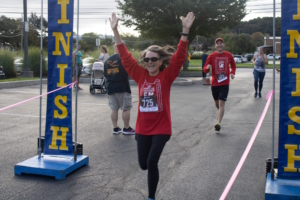 Homeland Hospice, a nonprofit outreach program of Homeland Center in Harrisburg, will host its 10th annual 5K and Memory Walk on Saturday, Sept. 14, at 8:30 a.m. at the Rossmoyne Business Center at 5000 Ritter Road in Mechanicsburg. The event serves to remember loved ones lost and raise funds to support those who need care today.
Homeland Hospice, a nonprofit outreach program of Homeland Center in Harrisburg, will host its 10th annual 5K and Memory Walk on Saturday, Sept. 14, at 8:30 a.m. at the Rossmoyne Business Center at 5000 Ritter Road in Mechanicsburg. The event serves to remember loved ones lost and raise funds to support those who need care today.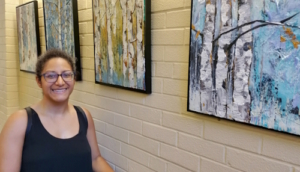 Nicole Simmons was hanging her artwork in Homeland’s sunny Florida Room Gallery when a resident came by.
Nicole Simmons was hanging her artwork in Homeland’s sunny Florida Room Gallery when a resident came by.
